I want to show you what Hanno and I were doing last night. We were invited to be guests at the Rotary and University of the Sunshine Coast Community Fund dinner. The function was to present three PhD students: Jennifer Castell, Cathryn Morriss and Corinna Burgin-Maunder, with a Rotary Scholarship. I had the honour and privilege of being the guest speaker.
Here is Hanno sitting at the dignitaries table. We both thoroughly enjoyed the evening.
Giving my speech.
Meeting Rotarians giving donation cheques to Executive Officer of the University of the Sunshine Coast Foundation, Mr Andrew Pentland, (left) and Chairman of the Rotary and University of the Sunshine Coast Community Fund, Mr Win Fowles (right).
Of course, I took you with me, here is part of my speech. Naturally, spoke about my blog:
So at 64, when I expected to be slowing down and becoming invisible, people I don’t know write to me from all over the world and locals say hello on the street. People want to know my opinion. Amazing things can happen when you focus on your goals and work towards them. Even here, in our corner of the world, writing in my little room in Landsborough, with only Hanno at my side, I have reached out and touched the world. And if I can do that, anything is possible.
And to Jennifer, Cathryn and Corrina…
Almost all my successes came because I stood on a firm foundation of sound education. I was not afraid of hard work and even when I was sitting alone in my work room, tapping away on my computer, I believed in myself. Success is not out there. It’s in here. (Point to head)
The seeds for success are sown in childhood and are cultivated by reading books, by observation, by ambition, by hard work, by identifying the pathways to excellence and by having opportunities to succeed. We are the lucky ones. We have been mentored by our lecturers and nurtured by our Universities. It is up to all of us who have had that good fortune, to expand on it and make the investment in us pay off, not only for ourselves, but for our country as well. Despite what we hear constantly, it is intelligence and learning that will take us forward, but there needs to be a good dose of flexibility in there as well.
Not much is stable in our world, even what appears stable has its own instabilities. By incorporating flexibility into your plan, you’ll give yourself the best chance of success. You can never know what you’ll discover or learn along the way but flexibility will help you adjust your plans and ideas to incorporate the unexpected.
Never disregard surprises. They are often full of potential.
For it is when the best ideas meet observation and team up with something unexpected and astonishing, that the extraordinary is realised...
After my speech, heading back to sit with Hanno again.
As I was sitting there last night, looking around the room full of local and not-so-local people, I was reminded, yet again, that the work of communities is carried out when each of us make the decision to step outside our homes and connect with others. Here it was our local Rotary Clubs banding together to raise much needed funds for the University, but it could have been any number of wonderful community organisations or individuals doing their best in their community. Important things happen in our communities, they support us and we must give back.
And I must say a word about the University itself because I was very impressed. I was seated next to the Vice-Chancellor, Professor Greg Hill, a delightful man, who gave a presentation about the recent progress on campus. Among the highlights: tenders are now being sorted through for the $2 billion University Hospital, and USC was the only public university in Queensland to be awarded five stars for teaching quality in the 2012 Good Universities Guide. These are certainly fine achievements for any university but for such a young university, it is a testament to the leadership and commitment of the staff and to the students.
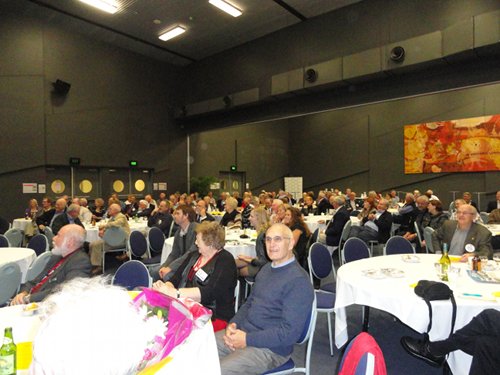

















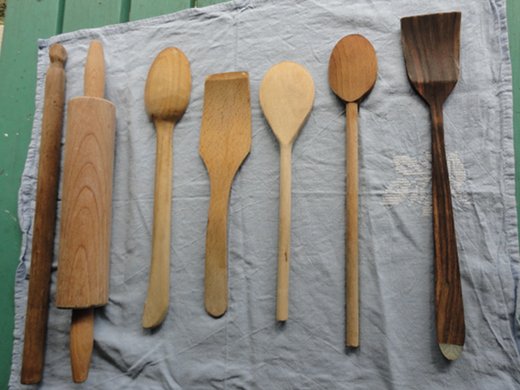









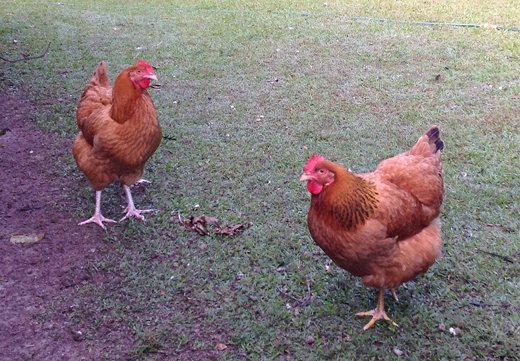


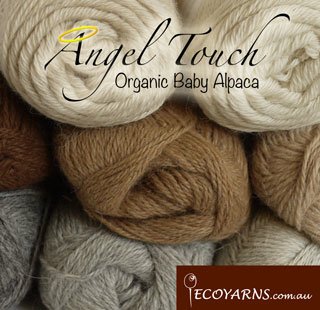




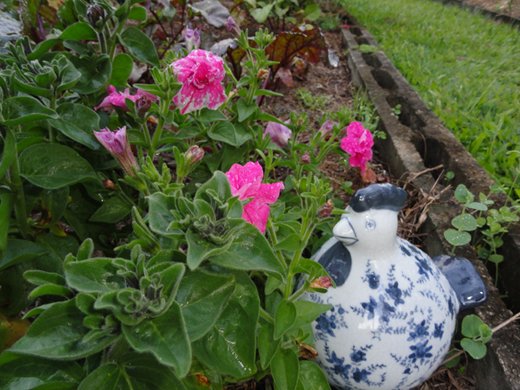






















.jpeg)





.jpeg)
.jpeg)
.jpeg)
